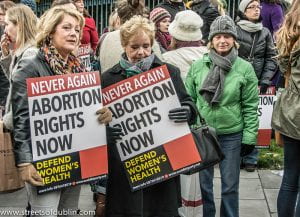by Robert Craig, the Law School, University of Bristol
The long awaited Bill seeking to reform the Human Rights Act 1998 (‘HRA’) was released on 22 June and is complex enough to cause an immediate outbreak of cold towels and hot-water-in-bowls amongst the legal Twitterati. No doubt there will be many hot takes on the substance of the new Bill of Rights Bill (‘BoRB’) but an early and fairly comprehensive analysis has been provided by Mark Elliott. For an even more aggressive response to BoRB see Daniella Lock on the UKCLA blog, published on 27 June. This post examines one slightly unusual aspect of the proposed new regime which is the effect of BoRB on legislation that has been expansively construed under s 3 HRA. This is by no means the only example of complications thrown up by the Bill and no doubt others will emerge in discussion on twitter and elsewhere. One well known legal commentator has amusingly described a particular twitter thread on 22 June as “legal geekery of the gods”. (more…)



